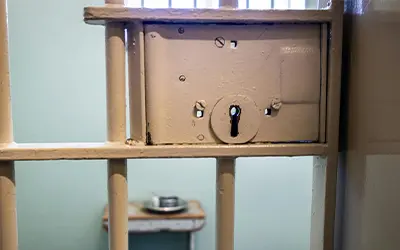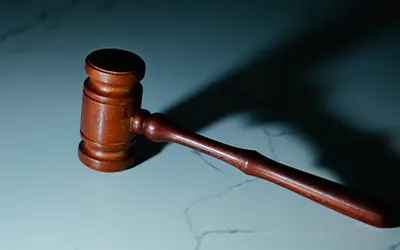Can I sue the State when an inmate escapes and commits subsequent crimes?
More broadly speaking, when is the State responsible for injuries caused by an inmate or someone on probation?
It is headline news that we see too often about an inmate escaping from custody and harm occurs to those unfortunate individuals in their path. Those individuals no doubt are harmed on many levels, physically and emotionally. The inmate, more likely than not, already has nothing to lose, so who can those harmed individuals look to for compensation for their injuries? Can they recover from the State for failing to supervise or keep a better watch on inmates in their care?
North Carolina Courts recognize the situation, but have established that the duty by the State to individuals, is a general duty to the public, and not specific. So unless there’s a special relationship between the individual harmed and the State, Courts will hold that there’s no specific duty and bar recovery. North Carolina recognizes the public duty doctrine which refuses to impose judicial liability for failure to prevent criminal acts. The exceptions to the public duty doctrine are 1) where there is a special relationship between the injured party and the police (e.g. states witness or informant); 2) when a municipality through its officers creates a special duty by promising protection to an individual, the protection is not forthcoming, and the individual’s reliance on the promise of protection is causally related to the injury suffered.
For instance in Blaylock v. N.C. Dep’t of Correction, a probation officer placed a probationer that she was supervising in a home that had three minor children. The individual that the probation officer supervised then sexually assaulted the three minor children. The mother of the three children then sued the State because it, by and through its probation officer, placed the individual in their home without informing them of the probationers past charges.
The appellate court held that plaintiff’s was trying to hold the State liable for the negligent actions of its probation officer, which, in other words, is failing to provide police protection to specific individuals from the criminal acts of a third party. Thus, the public duty doctrine applied to the case, and therefore barred Plaintiff’s claims unless one of the two exceptions to the public duty doctrine applied.
In another case, Humphries v. North Carolina Dep’t of Correction, a probationer that was on probation cut off his surveillance bracelet and shot and killed someone. The estate of the person shot sued the state on the grounds that its probation officer negligent in their supervision of the probationer. In reversing the appellate courts and holding that the public duty doctrine applies, there was no special relationship between the State and the individuals that were hurt by the probationers. In fact, the appellate court stated that a plaintiff must show that an actional promise was made to the individuals hurt.
Of course, every case is different, and there are other examples of when the State was liable. If you believe that the State may be responsible, please contact our office to review your situation. Otherwise, the information above is general and not to be taken as specific legal advise applicable to anyone’s situation.



